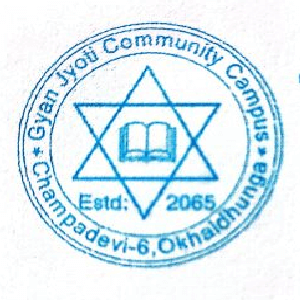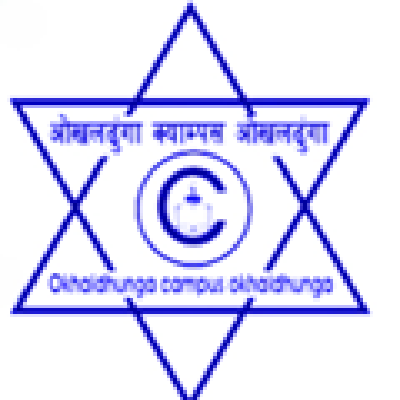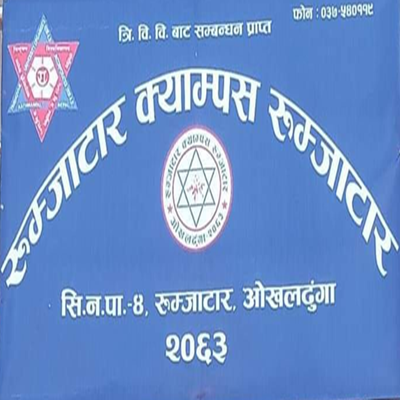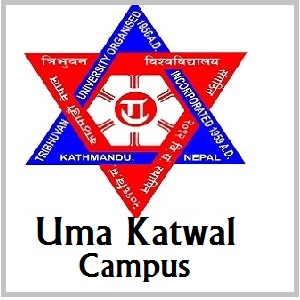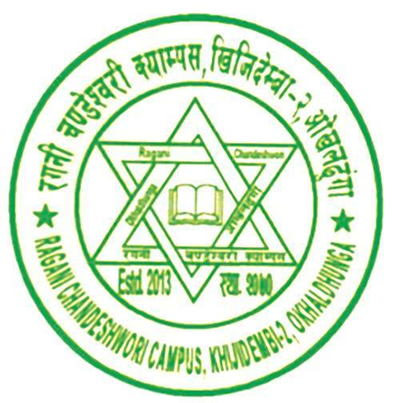Overview
Shahid Adarsha Campus (शहिद आदर्श क्याम्पस) is a community-based institution in Molung Rural Municipality–2, Rampur, Okhaldhunga, Koshi Province. Established in 2002 AD (2059 BS), the campus is affiliated with Tribhuvan University (TU) and recognized by the University Grants Commission (UGC) of Nepal.
It delivers a four-year Bachelor of Education (B.Ed.) with majors in English, Nepali, Mathematics, Population Education, and Health & Physical Education.
Introduction
The campus serves students from Okhaldhunga and neighboring districts who seek accessible teacher education under Tribhuvan University. Located about 16 km west of the district headquarters at an elevation of around 1,120 meters (approx. 27°20′46″ N, 86°26′27″ E), it provides a local pathway into teaching and education-related careers.
The academic focus aligns with TU’s Faculty of Education curriculum, with field practice, school-based exposure, and classroom activities that help students build practical teaching skills.
Quick Highlights
-
Type: Community campus (public, non-profit)
-
Year of establishment: 2002 AD (2059 BS)
-
Affiliation: Tribhuvan University (TU)
-
Recognition: University Grants Commission (UGC) of Nepal
-
Location: Molung–2, Rampur, Okhaldhunga, Koshi Province; ~16 km west of district HQ
-
Altitude and coordinates: ~1,120 m; 27°20′46″ N, 86°26′27″ E
-
Program offered: Four-year Bachelor of Education (B.Ed.)
-
Majors: English Education, Nepali Education, Mathematics Education, Population Education, Health & Physical Education
-
Key facilities: Library, multimedia classrooms, sports, ECA, education tour, group discussions, teaching practice
-
Scholarships: Merit- and need-based schemes
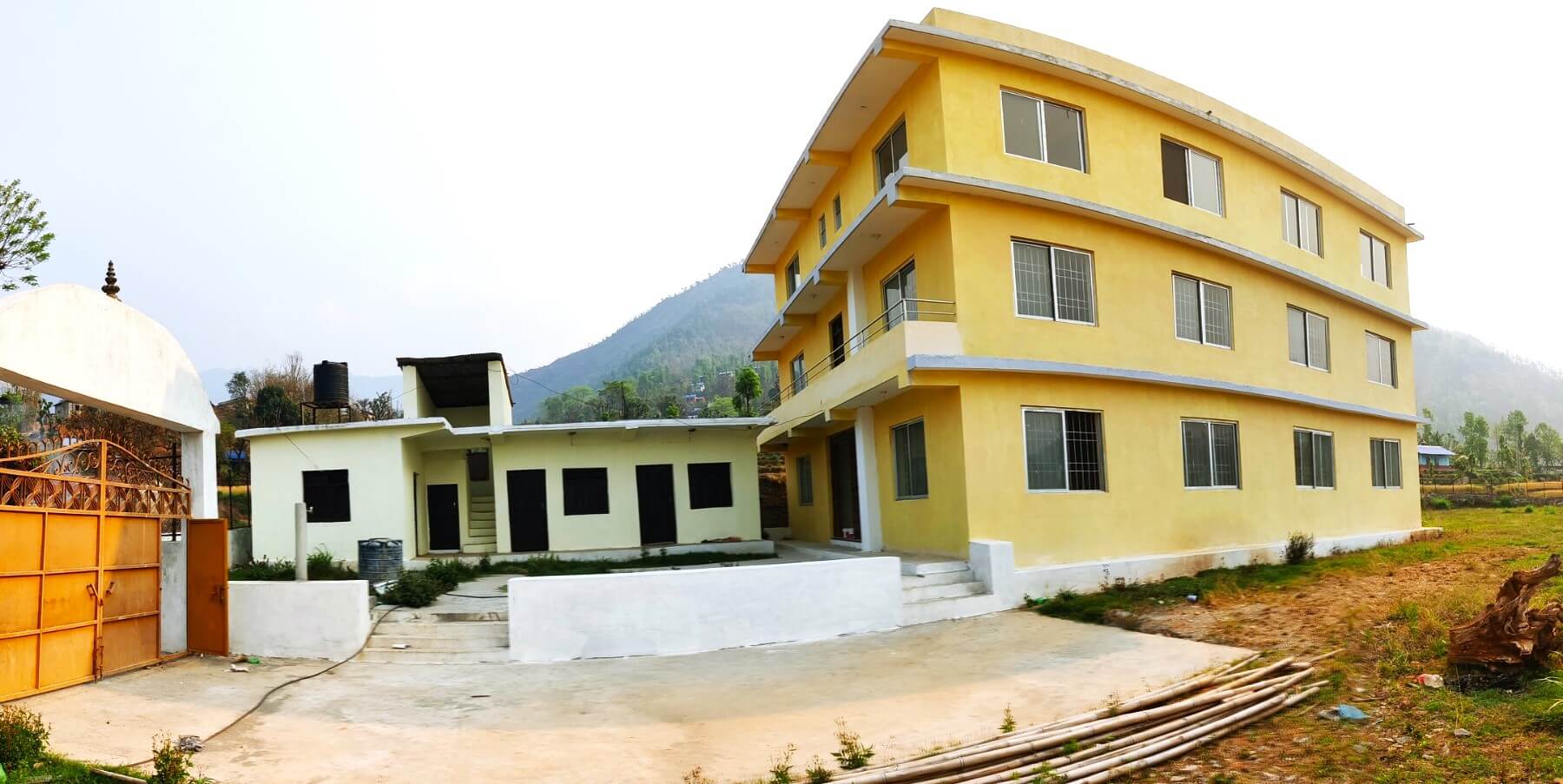
Academic Programs Offered
Bachelor of Education (B.Ed.) — 4 Years
The B.Ed. follows Tribhuvan University’s structure for undergraduate teacher education. Students study foundational education courses, subject-specific pedagogy, and practical components connected to local schools.
Available majors
-
English Education
-
Nepali Education
-
Mathematics Education
-
Population Education
-
Health & Physical Education
Academic features
-
Core education courses: pedagogy, assessment, classroom management, curriculum studies
-
Major-specific methods: lesson planning, teaching aids, evaluation practices
-
Practice components: micro-teaching, school observation, supervised teaching practice
-
Engagement: group discussion, seminars, education tours, and project work
This mix of coursework and practice helps students translate theory into classroom routines suited to Nepal’s school contexts.
Admission Process
Eligibility
-
Ten Plus Two (+2) or equivalent in any stream as per TU Faculty of Education policy.
-
Minimum GPA or division as prescribed by TU for the current session (historically around CGPA 2.0 or equivalent in legacy systems). Candidates should confirm the latest criteria with the campus office.
How to apply
-
Collect or download the application form during the admission window.
-
Submit the completed form with required documents: academic transcripts/grade sheets, character certificate, equivalent certificates (if any), recent photographs, and a copy of citizenship (or relevant ID).
-
Attend orientation or counseling if scheduled by the campus.
-
Admission is usually based on academic merit and TU/college guidelines; if TU sets any entrance requirement for a given session, candidates must follow it.
Key notes
-
Deadlines follow the TU academic calendar for the B.Ed. intake.
-
Reservation or inclusion provisions, if applicable, follow national and TU policies.
-
Final enrollment is confirmed after verification of originals and fee payment at the campus account section.
Teaching Faculty and Learning Methodology
Faculty members follow TU’s curriculum standards and local school needs. Classroom teaching is interactive, with short lectures, guided practice, peer discussion, and activity-based sessions. Students use lesson plans, teaching aids, and assessment tools in micro-teaching before school placement. Continuous internal evaluation (assignments, presentations, class tests) supports term-end examinations set under TU rules. Regular feedback helps students refine subject knowledge, communication skills, and classroom conduct.
Infrastructure and Learning Facilities
-
Library and reading spaces: Course texts, reference materials, and periodicals to support study and assignments.
-
ICT and multimedia: Projector-enabled classes for demonstrations and presentations.
-
Practical support: Arrangements for teaching practice with partner schools in the district.
-
Sports and grounds: Opportunities for physical activities and events linked to Health & Physical Education.
-
Student support: Basic counseling, academic guidance, and notice boards/online updates during admissions and exams.
Student Life and Campus Experience
Students come from diverse communities of Okhaldhunga and nearby districts. Activity weeks, literary meets, debate and quiz events, and club-led interactions create a collaborative environment. The rural setting offers a calm study rhythm, with local transport and community engagement that often enrich fieldwork and school outreach.
Extracurricular Activities (ECA)
-
Literary and public speaking events (essay, debate, poetry)
-
Sports competitions and fitness activities
-
Cultural events and local festivals
-
Social outreach and education awareness programs
-
Group discussions, seminars, and classroom showcases
These activities encourage leadership, teamwork, and confidence—traits that support professional growth in schools.
Scholarships and Financial Support
The campus offers scholarship support to encourage access and academic effort. Typical categories include:
-
Merit-based awards: For high academic performers.
-
Need-based support: For students from economically disadvantaged backgrounds.
-
Government or external schemes: As per regulations and availability.
Selection is handled by the campus as per approved criteria and fund availability. Applicants should submit supporting documents when applying for aid.
Achievements and Institutional Milestones
-
Among the earliest public graduate-level education initiatives in Okhaldhunga (2002 AD, 2059 BS).
-
Consistent affiliation with Tribhuvan University and recognition by UGC Nepal.
-
Graduates working across government and non-government schools within Nepal and abroad.
-
Expansion of majors aligned with district-level teacher demand and local school subjects.
Why Choose This Institution?
-
Community-based mission: Serves local students with accessible teacher education under TU.
-
Focused program: Single-track B.Ed. with clear pathways in English, Nepali, Maths, Population, and Health & Physical Education.
-
Practice-oriented study: Micro-teaching and supervised school practice within the district.
-
Scholarship access: Merit and need-based options where available.
-
Rural learning environment: Calm setting that supports study, with community linkage for field activities.
Conclusion
Shahid Adarsha Campus Okhaldhunga offers a straightforward route into teaching through TU’s four-year B.Ed. Its location in Rampur, Okhaldhunga, and its community-driven approach make it a practical choice for students who want to pursue education studies close to home while meeting national standards for teacher preparation.
FAQ
1) What program does the campus offer?
A four-year Bachelor of Education (B.Ed.) under Tribhuvan University with majors in English, Nepali, Mathematics, Population Education, and Health & Physical Education.
2) What are the basic admission requirements?
Ten Plus Two (+2) or equivalent as per TU Faculty of Education rules. Minimum GPA/division follows TU’s current policy; candidates should confirm the session’s criteria with the campus.
3) Are scholarships available?
Yes. Merit- and need-based schemes are available per policy and fund availability. Separate forms or evidence may be required.
4) Does the program include teaching practice?
Yes. Students complete micro-teaching and supervised school practice in coordination with partner schools.
5) Is the campus recognized by UGC Nepal?
Yes. The campus is affiliated with TU and recognized by the University Grants Commission (UGC) of Nepal.
6) Where is the campus located?
Molung–2, Rampur, Okhaldhunga, Koshi Province; about 16 km west of the district headquarters. Approximate coordinates: 27°20′46″ N, 86°26′27″ E.
7) What facilities are available on campus?
Library and reading spaces, multimedia-equipped classrooms, sports and ECA, education tours, group discussions, and arrangements for school-based practice.
Contact Shahid Adarsha Campus, Okhaldhunga's administrative office for detailed information on the course, admissions, location, fees, scholarships, facilities, counseling, or eligibility.



